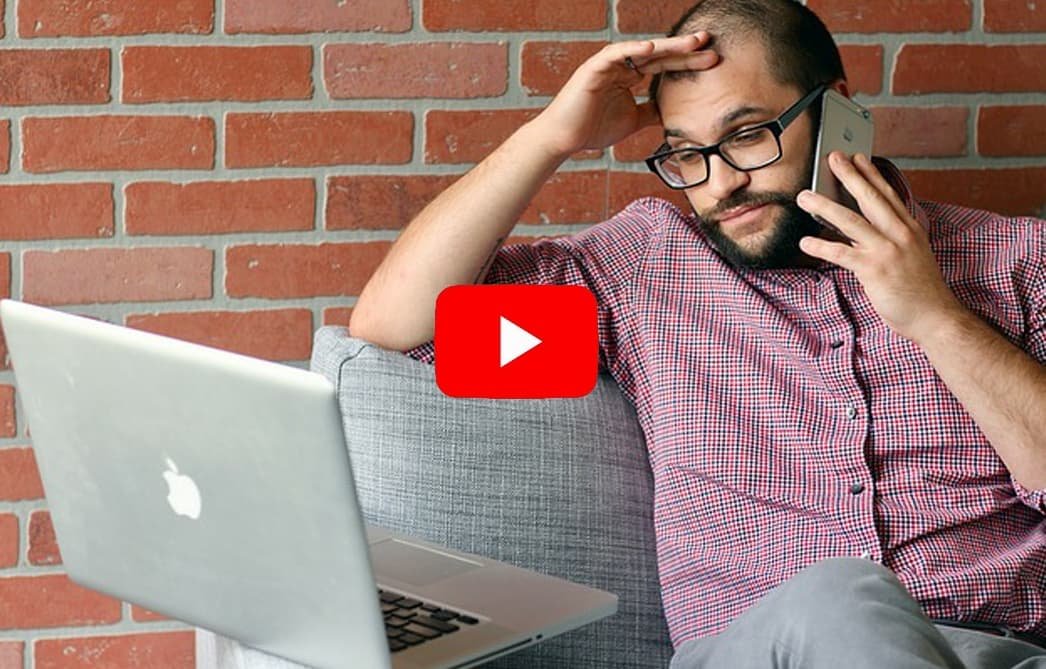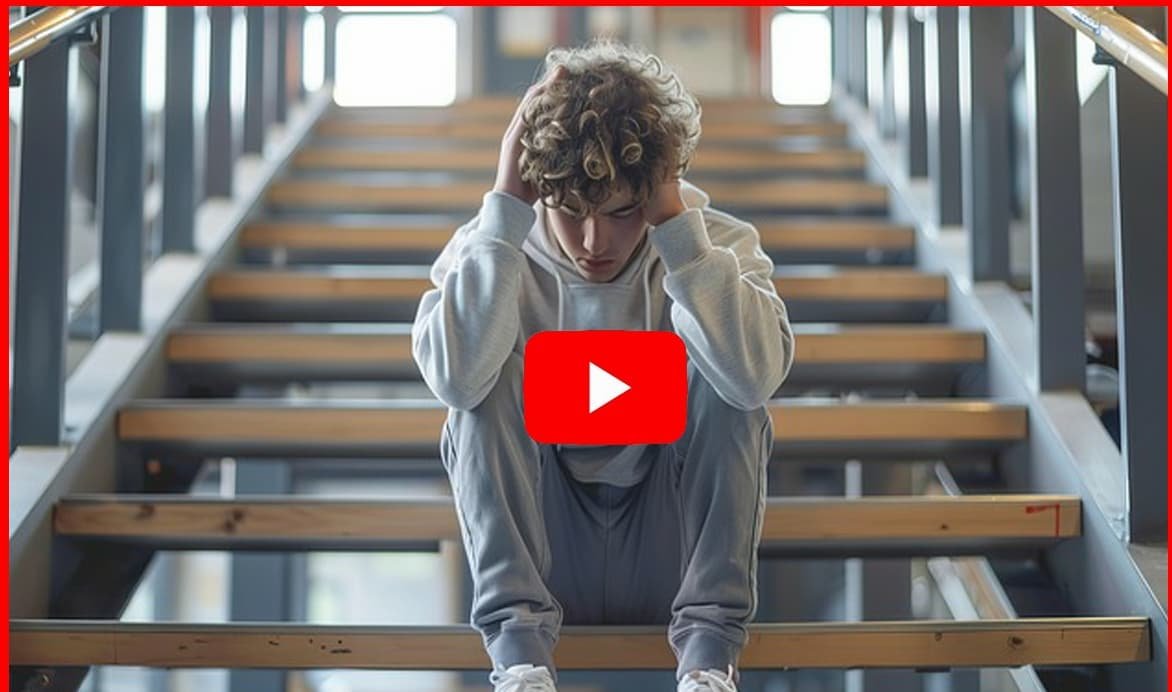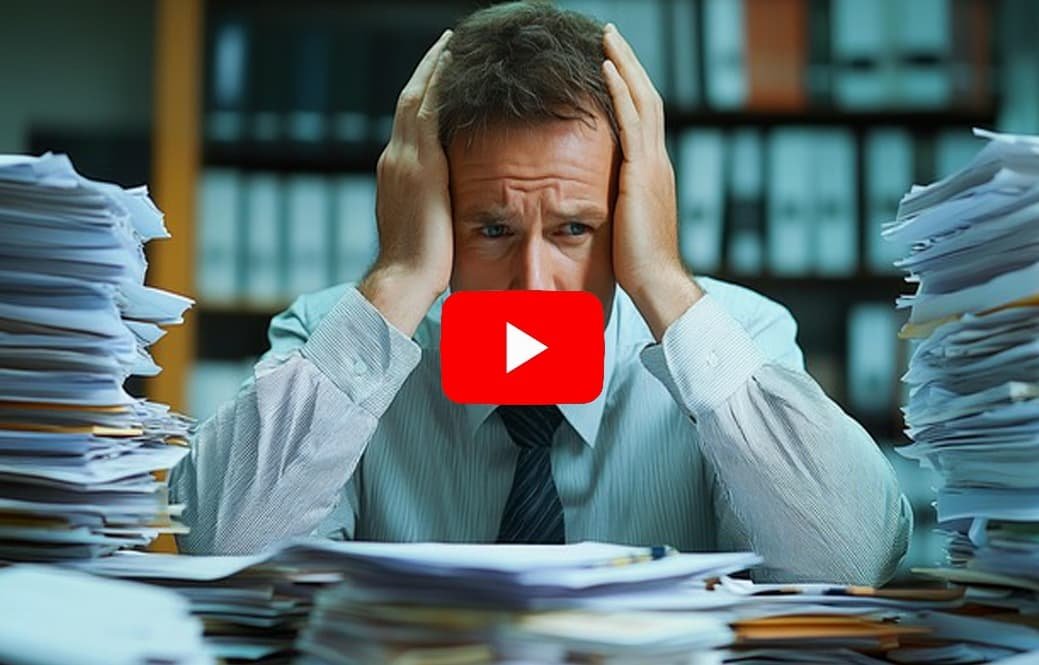Stress Management Techniques: Building a Foundation for Emotional Stability and Overall Well-Being
In today’s fast-paced, hyper-connected world, stress has become an almost constant companion. While moderate stress can serve as a motivating force or signal that attention is needed, chronic or overwhelming stress can significantly undermine emotional health and overall well-being. Effectively managing stress is therefore essential for maintaining emotional stability, fostering resilience, and enhancing quality of life. Achieving this requires adopting a variety of strategies—including lifestyle adjustments, mental exercises, and behavioral practices—that help individuals cope with stressors and maintain a balanced emotional state.
Understanding Stress and Its Impact
Stress affects both the mind and body. When faced with a stressor, the sympathetic nervous system activates the “fight or flight” response, releasing hormones like adrenaline and cortisol. While this reaction is vital for immediate survival—preparing the body to confront or escape danger—chronic activation can have serious consequences. Persistent stress is linked to:
-
Anxiety and depression
-
Weakened immune function
-
Cardiovascular disease
-
Metabolic disorders
These risks underscore the importance of integrating effective stress management strategies into daily life to protect both mental and physical health.
Personalized Approaches to Stress Management
Effective stress management is not one-size-fits-all. It requires:
-
Self-awareness: Recognizing personal stress triggers and early signs of tension.
-
Healthy coping mechanisms: Adopting strategies that reduce the impact of stress rather than exacerbate it.
-
Resilient mindset: Cultivating mental flexibility and emotional balance to navigate challenges with confidence.
A holistic approach combines these elements into a tailored plan that fits individual lifestyles, preferences, and circumstances. By building a strong foundation of stress management techniques, individuals can enhance emotional resilience, stabilize mood, and improve overall well-being.
Laying the Foundation
The following strategies serve as the building blocks for effective stress management:
-
Mindfulness and meditation – foster present-moment awareness and emotional regulation.
-
Physical activity – releases endorphins, reduces tension, and strengthens mental resilience.
-
Time management and prioritization – reduce overwhelm and create a structured, manageable routine.
-
Relaxation techniques – including deep breathing, progressive muscle relaxation, and visualization to activate the body’s natural relaxation response.
-
Social support – building connections that provide emotional comfort, perspective, and a sense of belonging.
By consistently applying these techniques, individuals can transform reactive responses into proactive strategies, creating a stable foundation for emotional well-being and a higher quality of life.
Stress Reduction Techniques: Practical Approaches to Minimize Daily Stressors and Enhance Emotional Resilience
Stress reduction techniques are practical methods designed to lower the intensity and frequency of daily stressors. By modifying our environment, thoughts, and behaviors, these strategies create a more peaceful, manageable, and harmonious daily experience. Consistently applying these approaches can improve mood, boost energy levels, and strengthen overall mental health, fostering a balanced and fulfilling life.
Time Management: Regaining Control
One of the most effective stress reduction techniques is time management. Organizing tasks, setting realistic goals, and prioritizing responsibilities prevent feelings of overwhelm. Breaking larger projects into smaller, manageable steps provides a sense of accomplishment and reduces anxiety associated with deadlines or heavy workloads.
Equally important is learning to say no. Overcommitting drains emotional energy and increases the risk of burnout. By practicing assertiveness and setting clear boundaries, individuals protect their mental space and preserve emotional reserves.
Cultivating a Positive Mindset
Cognitive restructuring is a pivotal strategy for reducing stress. This involves actively challenging negative thought patterns and replacing them with balanced, constructive perspectives.
-
Practicing gratitude shifts focus from stressors to positive aspects of life.
-
Engaging in fulfilling activities—hobbies, social interactions, or volunteer work—acts as a buffer against stress, reinforcing a sense of purpose and connection.
These practices build emotional resilience, foster optimism, and provide healthy outlets for coping with stress.
Physical Well-Being
Regular physical activity is a cornerstone of stress reduction. Exercise releases endorphins—natural mood enhancers—and helps metabolize excess stress hormones like cortisol and adrenaline. Even moderate activities such as walking, stretching, or dancing can significantly improve emotional well-being.
A balanced lifestyle supports stress management further:
-
Maintain a nutritious diet and proper hydration
-
Ensure sufficient sleep for mental and physical recovery
-
Incorporate movement into daily routines
Together, these habits create a resilient framework, making individuals less vulnerable to the negative effects of stress.
Social Support: Strength in Connection
Social support is a critical component of stress reduction. Building meaningful connections with friends, family, or support groups provides emotional validation, practical advice, and a sense of belonging. Sharing feelings can lighten emotional burdens and foster resilience.
When stress becomes overwhelming or persistent, seeking professional help from therapists or counselors offers tailored strategies and guidance to navigate challenging times. Knowing when to seek help and cultivating a supportive network are essential steps toward sustainable stress management.
By integrating these techniques—time management, cognitive restructuring, physical well-being, and social support—into daily life, individuals can create a resilient foundation that reduces stress, enhances emotional stability, and promotes long-term mental and physical health.
🏆 Say Goodbye to Stress: Choose the Right Solution for a Calmer You
Relaxation Techniques for Stress: Cultivating Inner Calm and Emotional Balance through Mindful Practices
Relaxation techniques are specialized practices designed to activate the body’s natural relaxation response, counteracting the physiological effects of stress. By promoting calmness, mental clarity, and emotional stability, these techniques serve as invaluable tools for managing daily stress and enhancing overall well-being. Integrating relaxation practices into everyday routines strengthens emotional resilience and supports a balanced mental state, especially during challenging times.
Deep Breathing Exercises: Anchoring the Mind and Body
Deep breathing is one of the most accessible and effective relaxation techniques. By focusing on slow, diaphragmatic breaths, individuals can:
-
Lower heart rate and blood pressure
-
Reduce muscle tension
-
Calm the nervous system
Popular techniques include diaphragmatic breathing, box breathing, and the 4-7-8 method, all of which can be practiced anywhere, anytime, providing immediate relief from stress. Deep breathing also helps anchor attention in the present moment, reducing the cycle of ruminative thoughts that often accompany stress.
Meditation: Cultivating Mindfulness and Emotional Awareness
Meditation fosters mindfulness and self-awareness, allowing individuals to observe thoughts and emotions without judgment. This practice promotes acceptance, inner peace, and emotional regulation. Beginners can benefit from guided meditation sessions, available through apps or recordings, which provide structured frameworks for building a consistent practice. Over time, meditation enhances:
-
Emotional resilience
-
Stress tolerance
-
Clarity of thought
Progressive Muscle Relaxation: Releasing Physical Tension
Progressive muscle relaxation (PMR) involves systematically tensing and relaxing different muscle groups throughout the body. This practice:
-
Relieves physical tension accumulated during stress
-
Heightens body awareness
-
Enhances emotional regulation
By consciously releasing tension, individuals cultivate a greater sense of calm and develop a stronger mind-body connection.
Mindfulness-Based Stress Reduction (MBSR): Holistic Stress Management
MBSR combines meditation, gentle yoga, and body awareness exercises to cultivate present-moment awareness and reduce emotional reactivity. Key benefits include:
-
Detachment from ruminative thought patterns
-
Increased self-compassion
-
Improved emotional stability
MBSR programs typically offer guided practices, group discussions, and home exercises, creating a comprehensive approach to stress management.
Complementary Relaxation Practices
Beyond core techniques, several additional practices can enhance relaxation and emotional balance:
-
Aromatherapy with calming scents like lavender or chamomile
-
Listening to soothing music to create a peaceful environment
-
Visualization or guided imagery to mentally escape stressors
Creating a dedicated, clutter-free space for relaxation improves focus, consistency, and effectiveness.
Making Relaxation a Daily Ritual
Incorporating relaxation techniques into daily life not only alleviates acute stress but also builds long-term resilience. By consistently practicing deep breathing, meditation, PMR, mindfulness, or complementary techniques, individuals develop the capacity to face life’s challenges with calmness, clarity, and emotional balance.
🏆 Say Goodbye to Stress: Choose the Right Solution for a Calmer You
YOU MAY ALSO LIKE:
Understanding Stress: The Complete Guide to Managing Your Well-Being
Why Stress Matters: Understanding Its Impact on Health and Well-Being
Mastering Stress: Proven Tips for a Calm and Focused Life
The Emotional Journey of Stress: How to Heal and Move Forward
Stress and Your Health: Why Stress Management Matters for Everyone
Stress Reduction Strategies for a Peaceful and Balanced Life
Proven Stress Management Techniques for a Healthier, Balanced Life
Stress and Its Universal Impact: Understanding the Power of Stress on Daily Life
Stress Relief Tips for Everyone: Simple Ways to Create Balance in Daily Life









[…] Stress Management Strategies for Better Emotional Well-Being […]